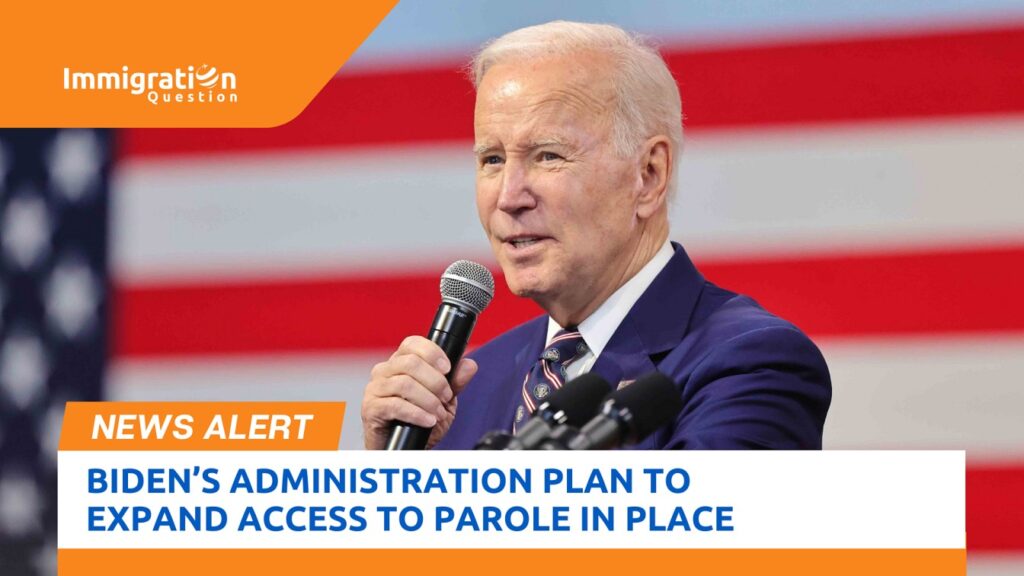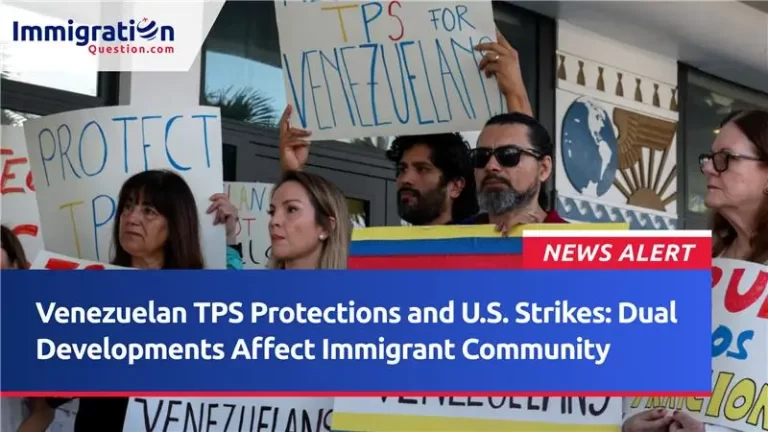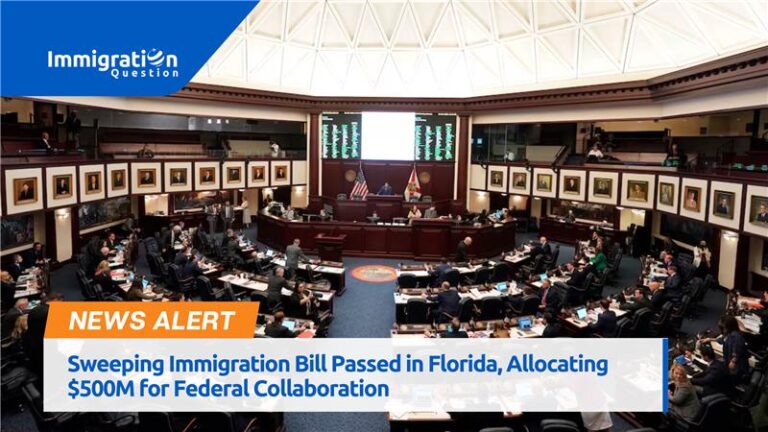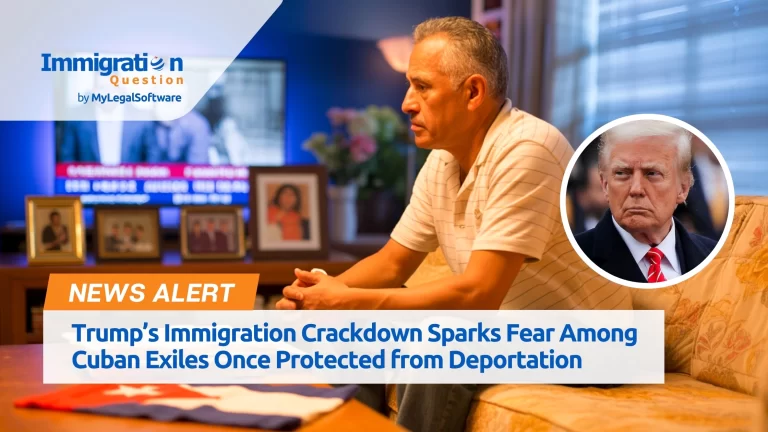The Department of Homeland Security has announced a significant expansion of parole in place for certain undocumented spouses of U.S. citizens, amongst other new announcements covered in a White House fact sheet released yesterday.
On it’s key action on keeping families together and bringing their American dream to life, President Biden’s policy initiative will allow certain undocumented spouses of U.S. citizens, as well as their children, who have been here for 10 years or more, to apply for legal permanent residency via “Parole in Place”.
Beginning on August 19, 2024, USCIS will begin accepting applications from eligible spouses and children, to obtain legal status while remaining with their families, the White House announced.
Key Points
Upon the first reveal of the policy in mid-June, the White House said undocumented individuals could be eligible to apply for PIP if they:
-
Be present in the United States without admission or parole;
-
Have been continuously present in the United States for at least 10 years as of June 17, 2024;
-
Have a legally valid marriage to a U.S. citizen as of June 17, 2024;
-
Do not pose a threat to public safety or national security;
-
Satisfy all other “applicable legal requirements.”
Children under the age of 21 of undocumented spouses married to U.S. citizens will be eligible to file for Parole in Place with their parent if they:
-
Were physically present in the United States without admission or parole as of June 17, 2024
-
Have a “qualifying stepchild relationship to a U.S. citizen” as of June 17, 2024
Applicants will be assessed on a case-by-case basis and, if approved, will be given three years to apply for permanent residency while being granted work authorization, according to the White House.
Important Dates & Information
-
Applications Open August 19, 2024
-
Submitted applications before the date will be rejected by the USCIS
-
Stay further updated through the official USCIS website only
How to Proactively Prepare for the Application Process
1. Gather Essential Documents
If you are a foreign national married to a U.S. citizen, and hoping to benefit from the upcoming “Parole in Place” program, it’s crucial to start preparing at the earliest. This program, while promising a path to legal residency, requires extensive documentation to prove your identity, marital status, and long-term residency in the U.S.
Begin collecting the following documents:
-
Birth certificates (both applicant and U.S. citizen spouse)
-
Marriage certificate
-
Police records (if applicable)
-
Passports or other photo identification
-
Proof of U.S. residency for at least 10 years: Gather bills, statements, school records, or anything else that can establish your continuous presence in the United States for the past decade.
2. Be Prepared to File Your Application Promptly
Once the application process opens on August 19, 2024, eligible individuals are strongly advised to file their petitions without any delay. The program’s future could be uncertain due to potential legal challenges or policy changes in future administrations.
3. Consult with an Immigration Attorney
Working with an experienced immigration attorney can ensure you are fully prepared to file your petition as soon as possible.
Other Highlights from the Fact Sheet
New Actions to Advance Educational Opportunities for Latino Communities
The Biden-Harris Administration is announcing new actions to advance educational opportunities for Latino communities and give more families a fair shot at achieving the American dream. With more than 500 Hispanic-Serving Institutions across 27 states, the District of Columbia, and Puerto Rico, HSIs make an extraordinary contribution to our Nation’s higher education system, including educating more than 4.7 million students. To strengthen the federal government’s commitment to advancing opportunity, President Biden signed an Executive Order establishing the White House Initiative on Advancing Educational Equity, Excellence, and Economic Opportunity through Hispanic-Serving Institutions.
Expanding Access to Legal Representation
On Wednesday, the administration announced that it is expanding the scope of a program providing volunteer attorney representation in immigration courts for individuals without legal counsel. By the end of the fiscal year, this program will be offered in the additional locations of Maryland, New York City and Atlanta. According to the Executive Office for Immigration Review, which currently oversees the program’s operations in San Francisco, Chicago and New Orleans, this expansion will double the number of sites participating in the initiative to make pro bono legal services accessible for immigrants facing removal proceedings without representation.
future of thousands of Dreamers
The Biden administration also provided a further update related to its previously announced policy which eases “the visa process for U.S. college graduates, including ‘Dreamers.’” The Department of Education is issuing a proposed rule to expand the federal TRIO program to ensure Dreamers and others can enroll.
By providing high school students with services and supports such as college campus visits, tutoring, and help completing college and financial aid applications, the TRIO program helps students from low-income backgrounds and students who would be the first in their family go to college successfully transition from high school to college.
Specifically, the fact sheet read: “The Department of State has updated its public guidance – making it clear that it is in the public interest that individuals who graduated from a U.S. institution of higher education and are seeking a work visa are able to put their degree to use in the United States, and that these factors should be considered favorably when recommending waivers in the visa application process.”
To stay further updated, keep an eye out on our news section or visit https://www.dhs.gov/all-news-updates.










